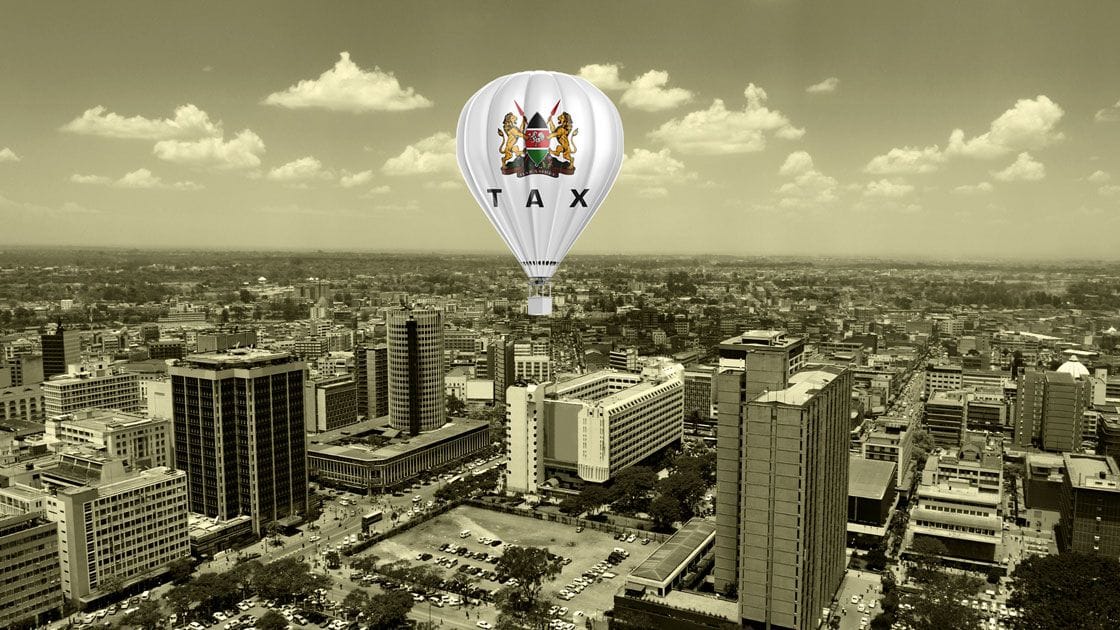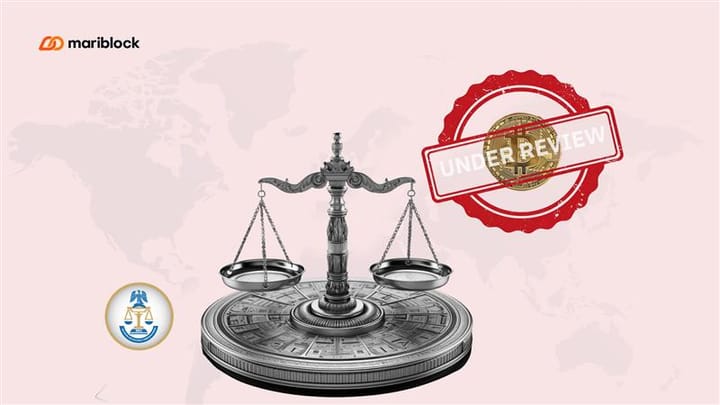Kenya’s apex court upholds 3% Digital Asset Tax
Meanwhile, the KRA said it is working on a system to ensure real-time compliance with the tax regime.

The Supreme Court of Kenya has ruled that the Finance Act 2023, which stipulates a 3% digital asset tax (DAT) on cryptocurrency transactions, is legal. This overturned an earlier ruling by the country’s appellate court which voided the Finance Act and declared it unconstitutional.
Driving the news
- The ruling, delivered on October 29, enables the Kenyan government to implement the provisions of the Act which it has put on hold since violent protests against the Act erupted earlier in the year.
- As Mariblock reported last year, the Finance Act mandated that a 3% DAT be paid to the Kenyan Revenue Authority (KRA) on income from the sale, transfer or exchange of virtual assets in the country.
Dive deeper
- The digital assets tax is just one of three major taxes on cryptocurrencies and virtual assets service providers (VASPs) in Kenya.
- VASPs and exchanges that are not situated in Kenya but offer services to Kenyans nonetheless are required to pay a 1.5% digital service tax (DST). This tax is deducted from the total revenue the company makes in the country.
- In addition, a 16% value added tax (VAT) is charged by exchanges on the services they render to their customers. The VAT is then remitted to the Kenyan Revenue Authority.
- These taxes are in addition to an income tax and a capital gains tax charged on profits generated from crypto trades by the Kenyan capital market.
- The digital asset tax (DAT) itself, which came into effect in September 2023, stipulates a 3% payment to the Kenyan government on the trade or transfer of crypto assets regardless of profit or loss.
The KRA’s angle
- The Kenyan Revenue Authority (KRA), the East African country’s taxman, has said it is working on a system to ensure real-time monitoring and collection of these taxes.
- Nickson Omondi, manager of the digital economy tax office at the KRA, said the agency plans to deploy application programming interfaces (APIs) akin to its use previously in the betting sector.
- These APIs are programming instructions that allow two separate software programs to share data and communicate.
- KRA-deployed APIs can help it monitor transactions by Kenyans on exchanges in the country and overseas. This ensures that it can calculate taxes, streamline collection and identify defaulters.
- Omondi said:
“I have been quoted...[saying] that Kenya is to implement real-time crypto tracking for better tax compliance. Yes... What we are doing is to see whether API integrations can assist in real-time collection of taxes [as we have done] in the past with the betting sector.”
Unanswered questions
- In the wake of the introduction of the digital asset tax last year, several questions arose on how the KRA hoped to collect crypto taxes, especially since the asset class had no legal status in the country.
- Allen Kakai, legal affairs director at the Blockchain Association of Kenya (BAK) spoke to Mariblock about some of the BAK’s reservations concerning the tax regime.
- He expressed discontent with the manner of calculating the tax without due consideration of whether trades are conducted at a profit or a loss.
- He added that the five-day ultimatum given to exchanges to remit the taxes to the KRA is near-impossible, a thought re-echoed to Mariblock by the global exchange, Binance.
- A spokesperson for the Binance told Mariblock:
“The tax’s design may force platforms to use their own funds to pay it, making it more expensive than the commissions charged by Binance. The tax also comes with a tight 5-day deadline for remittance, which is challenging for platforms to meet.”
- In a social media post reacting to the Supreme Court’s ruling, Kakai further raised questions on whether the KRA hoped to collect the taxes in crypto or in Kenyan shillings especially considering the non-legal status of crypto in the country.
🌐 Kenya’s #CryptoTax: The Supreme Court's Decision - What's Next? 💸🇰🇪#BreakingNews: Yesterday ( Oct 29, 2024) , the Supreme Court of Kenya upheld the Finance Bill 2023, , green-lighting a 3% Digital Assets Tax (DAT) on every digital asset transaction. That’s right—every… pic.twitter.com/zgzXxXWVuA
— S.A Kakai (@allan_kakai) October 30, 2024



